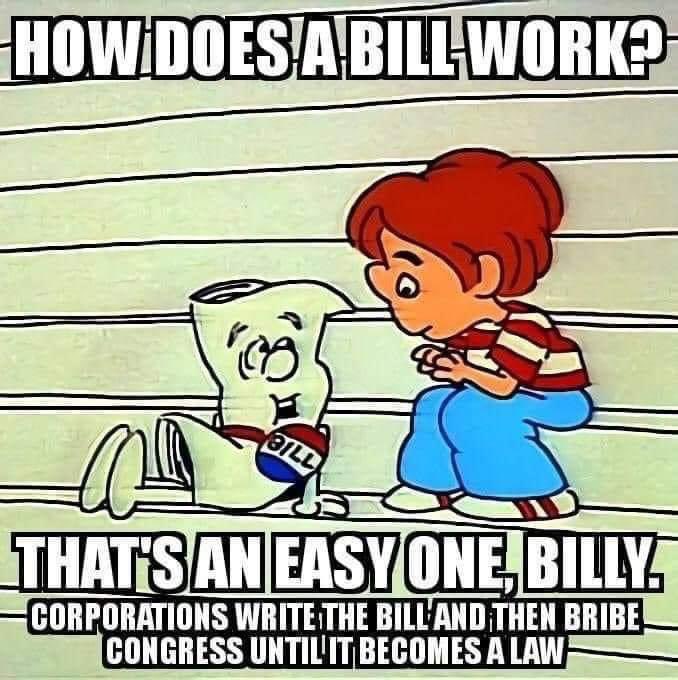Voting Rights and Labor Rights: The Two Sleepers in Budget Reconciliation
BY
ROBERT KUTTNER
SEPTEMBER 10, 2021
In the case of labor rights, the PRO Act, which stands for Protecting the Right to Organize, narrowly passed the House on a party-line vote, but has no chance of gaining 60 votes in the Senate as freestanding legislation. However, the rule that Congress passed on August 24, authorizing Congress to proceed with a reconciliation measure that could spend up to $3.5 trillion, also explicitly authorized several pro-union provisions, using Congress’s power to tax, spend, or levy fines.
On Wednesday, the House Education and Labor Committee duly
approved a far-reaching measure adding stiff fines for unfair labor practices as well as personal liability for corporate directors and officers. The committee also created new rights. It would be an unfair labor practice for employers to permanently replace strikers, discriminate against a pro-union employee, or misclassify a worker as an independent contractor. This does not go as far as the PRO Act; but if accepted as part of reconciliation, it would be a major breakthrough.
Doing voting rights via reconciliation would be a heavier lift. In principle, the strategy would be similar—come up with fines or outlays that make voting rights fit under reconciliation. Two law professors, Jonathan Gould and Nicholas Stephanopoulos, recently provided a menu of such strategies in a
piece for The Atlantic: Give citizens a financial incentive to vote; provide funding to states that enact pro-democracy reforms; provide federal money to counties and towns for election administration; use public funding of campaigns to crowd out PACs.
This makes sense. But since the House and Senate leaders, balancing multiple political trade-offs, did not explicitly put voting rights into the rule covering the specifics of reconciliation, it seems a political long shot.
This train will soon leave the station. If Democrats want democracy to survive and award them the majorities that they have earned on the basis of popular support, nothing is more important than voting rights and labor rights.







